Digital Humanities Summer Fellowships
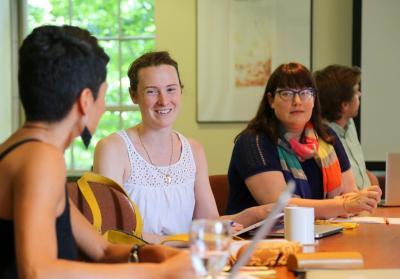
The Simpson Center offers annual summer fellowships for faculty and graduate students to pursue research projects that use digital technologies in innovative and intensive ways and/or explore the historical, social, aesthetic, and cross-cultural implications of digital cultures. The program has three primary goals:
- To animate knowledge—using rich media, dynamic databases, and visualization tools
- To circulate knowledge—among diverse publics
- To understand digital culture—historically, theoretically, aesthetically, and generatively
The Simpson Center gratefully acknowledges the support of a National Endowment for the Humanities Challenge Grant and the Andrew W. Mellon Foundation as well as many donors to the endowment which is underwriting these fellowships.
2025 - 2026 Digital Humanities Summer Fellows

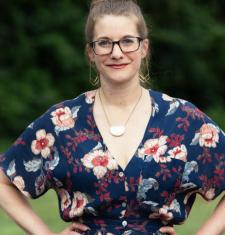
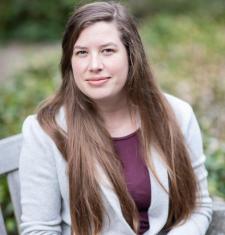
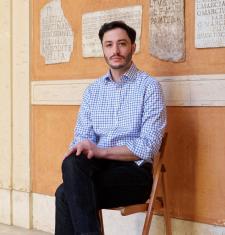
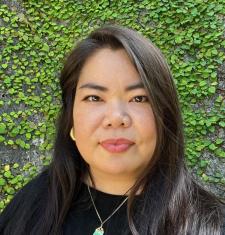
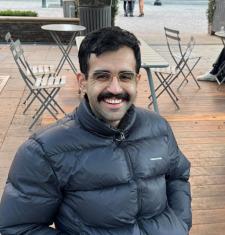
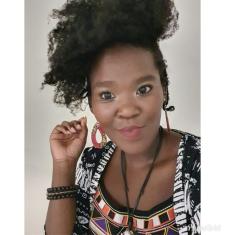
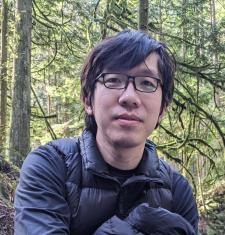
2014 - 2015 Digital Humanities Summer Fellow
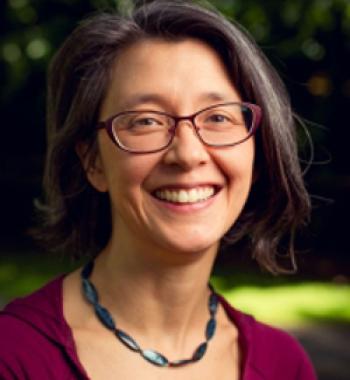
Sasha Su-Ling Welland (she/her/hers)
Experimental Beijing: Gender and Globalization in Chinese Contemporary Art
This ethnography documents Chinese contemporary art as a zone of global cultural encounter, in which revaluations of rural and urban space, public and private boundaries, and masculinity and femininity are tested, while arguing for the importance of a feminist art practice whose historiographical consciousness about the shifting role of art—as ideological, institutional, and imaginative—reveals inherent contradictions in this emerging art world. A digital platform to be published in tandem with the book manuscript visually maps its argument about the spatial, temporal, and gendered dimensions of art worldings, providing readers with expanded access to multimedia research materials, including bilingual (Chinese and English) narrated slide shows for each chapter; a searchable database of images with robust bilingual metadata; curated image galleries with short accompanying essays; and videos of time-based pieces, artist interviews, and ethnographic documentation.
Related: Ethnography Unbound: Experiments in New Scholarship